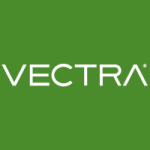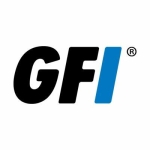My main use case for Check Point IPS in my company is to detect and block different kinds of activities around the trash or various vulnerabilities.
For example, I use Check Point IPS to detect or block activities when I encounter different malware or intrusions in my network area, and I need to block these with IPS technology.
In the past, another company in my group had a bad experience when they encountered different malware in their network area, blocking various databases, and this company didn't have any technology to stop this situation, so Check Point IPS helped in that instance.
One of the best features Check Point IPS offers is proactive protection, which I consider a great feature for IPS.
The proactive protection feature of Check Point IPS helps me and my organization by blocking ransomware and other malware, especially during an incident where different items get infected, showing its value in preventing such intrusions.
The integration of Check Point IPS with Check Point gateways and control in the Infinity Portal is another interesting feature that I find valuable.
Check Point IPS has positively impacted my organization since we no longer spend time worrying about threats like ransomware.
Since implementing Check Point IPS, we've seen a significant positive impact, as the company no longer spends time worrying about threats like ransomware, allowing us to focus on our core operation with greater peace of mind, and it has also reduced the time our team spends managing incidents, making our security process more efficient overall.
One area that could be improved in Check Point IPS is the user interface for managing IPS policies, which can be a bit complex for new users, along with the need for faster signature updates for emerging threats and more seamless integration with third-party tools. A simpler policy setup and faster updates would enhance the experience.
I have been using Check Point IPS for about five or six years now.
Check Point IPS is stable.
The scalability of Check Point IPS is great because when I deploy gateways in the cloud, I create a cluster, which offers a very scalable option.
In the past, customer support was so-so, but now it has improved.
I have not used a different solution before Check Point IPS.
I think about the time saved when considering the return on investment with Check Point IPS.
My experience with pricing, setup cost, and licensing for Check Point IPS is great because I had to read various documents to understand different situations, and it has been a great experience overall.
Before choosing Check Point IPS, I did not evaluate other options, as I preferred Check Point IPS for a long time.
For others looking into using Check Point IPS, I would say it is a great company with excellent characteristics for handling vulnerabilities.
I would rate Check Point IPS eight out of ten because there are other things I don't prefer, such as the price and other aspects.


















